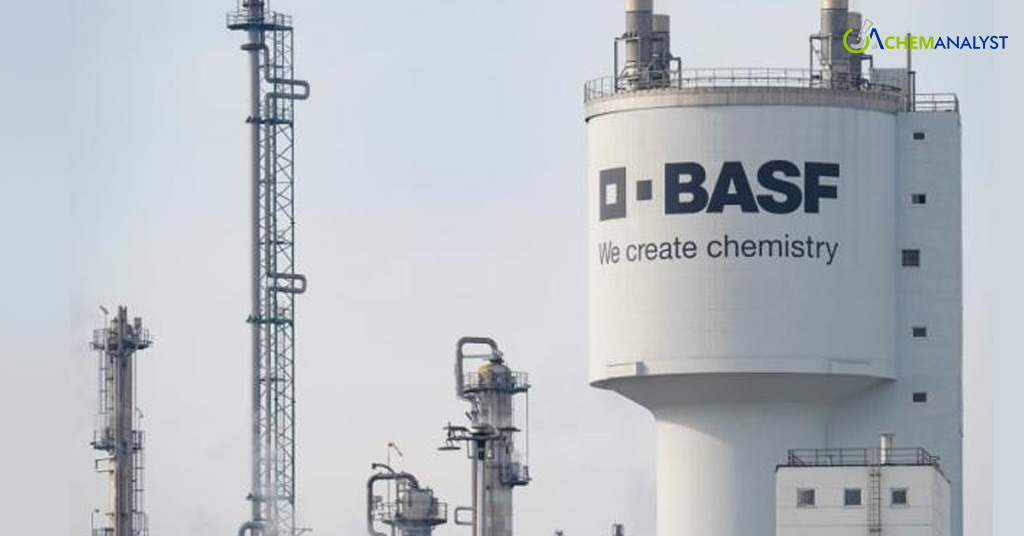Welcome To ChemAnalyst

BASF SE, headquartered in Ludwigshafen, Germany, has officially announced its initiation of the divestment process for its shares in two joint venture companies: BASF Markor Chemical Manufacturing (Xinjiang) Co, Ltd and Markor Meiou Chemical (Xinjiang) Co, Ltd, both situated in Korla, China. The decision, made in late 2023, aligns with BASF's global strategy concerning 1,4-butanediol (BDO), a critical chemical in its portfolio.
The rationale behind this move is rooted in BASF's comprehensive assessment of the market environment and the product carbon footprints (PCF) associated with BDO and its downstream products across various production sites worldwide. The BDO value chains are currently facing heightened competitive pressure and marked by global overcapacities. Additionally, the carbide-based BDO and polytetrahydrofuran produced in Korla have significantly higher PCFs due to the use of coal as a base raw material and the energy-intensive nature of the production process. To address these challenges, BASF is strategically realigning its global portfolio of BDO and related downstream products to offer competitive, low-PCF alternatives.
The decision to divest shares in the Korla-based joint ventures is also influenced by factors beyond the industry landscape. The Xinjiang region's situation has been an integral part of BASF's ongoing evaluation of its joint ventures in Korla. Despite regular due diligence measures, which include both internal and external audits, not revealing any evidence of human rights violations within the joint ventures, recent reports related to BASF's joint venture partner have raised serious allegations. These allegations suggest activities inconsistent with BASF's core values. Consequently, BASF has decided to expedite the divestment process for its shares in the two joint ventures located in Korla. The completion of this process is subject to negotiations and the requisite approvals from relevant authorities.
It is essential to highlight that, even in light of public reports, BASF has not found any indications of the involvement of employees from the two joint ventures in Korla in human rights violations. The recent reports specifically pertain to BASF's joint venture partner, where BASF does not hold a stake. Despite this divestment decision, BASF emphasizes that its overall presence in China remains unchanged, and the company remains fully committed to its business activities and planned investments in the country. Greater China currently accounts for approximately half of global chemical production, and projections indicate that the region will drive around 80% of the total growth in global chemical production from 2022 to 2030.
BASF's decision to divest its shares in the joint ventures in Korla stems from a strategic assessment of the global BDO market, coupled with concerns related to the carbon footprints associated with production in that region. The company's commitment to ethical practices, in alignment with its values, has led to this decision, with ongoing efforts to uphold its standards even amid complex global market dynamics.
We use cookies to deliver the best possible experience on our website. To learn more, visit our Privacy Policy. By continuing to use this site or by closing this box, you consent to our use of cookies. More info.
